Booked a last-minute trip to Vietnam? Leaving tomorrow? Don’t let visa issues delay or derail your holiday plans. If you’re an Australian citizen needing a vacation visa in a hurry, …
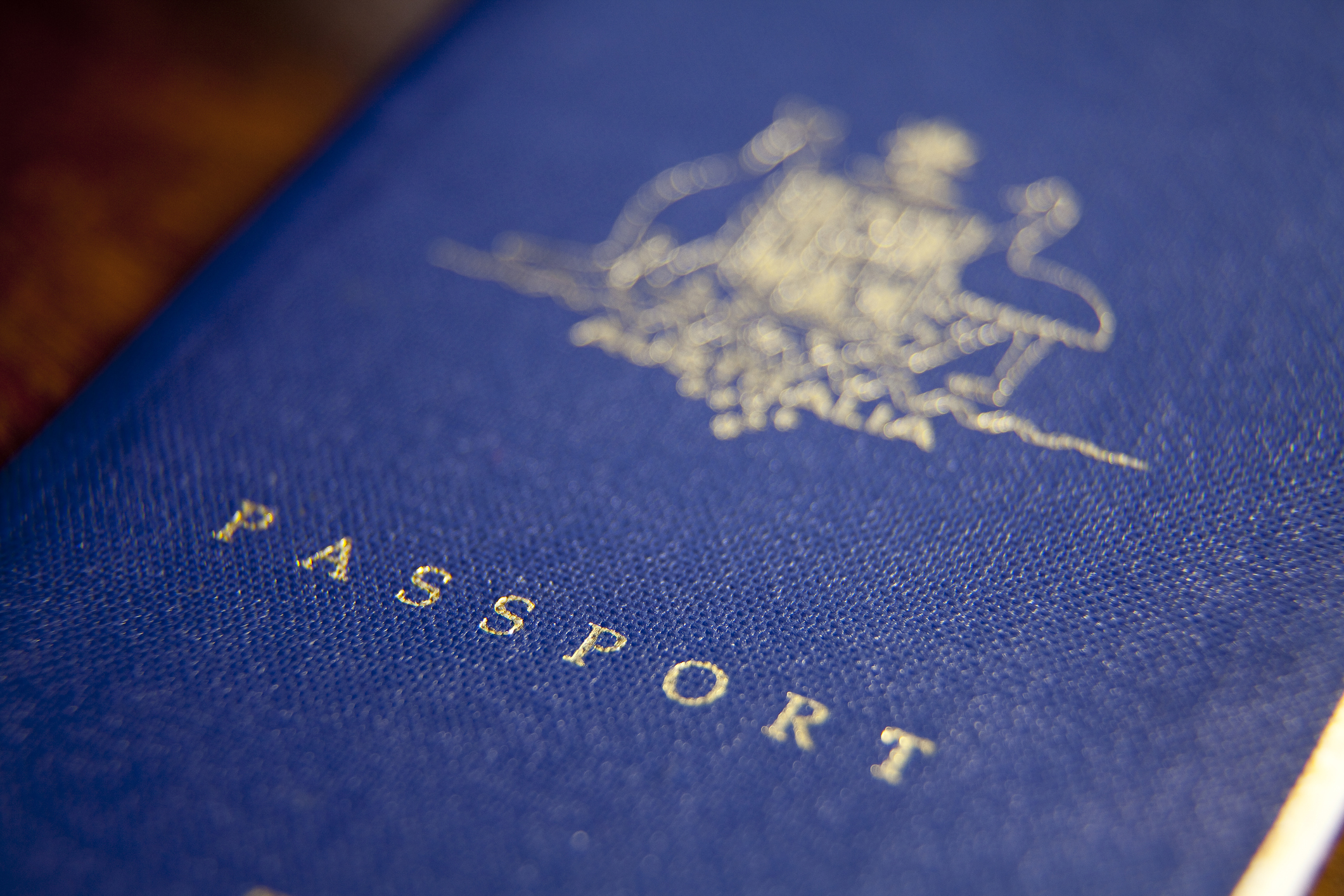
If you’re an Australian entrepreneur or business professional planning to visit Vietnam to sign an important commercial contract, understanding the visa process can make or break your trip. A single error could delay your deal or even lead to denial at the border. Thankfully, thousands of Aussies have navigated this path successfully with the right preparation. This article gives you everything you need to know to get the appropriate visa — quickly, accurately, and without stress.
For Australians heading to Vietnam to sign a contract or attend a formal business meeting, the appropriate visa is one that supports commercial activities — not tourism. You’ll want to apply for either a Business E-Visa or a DN1 Business Visa.
The Business E-Visa is ideal for short stays and is popular among first-time visitors. It allows entry for up to 90 days and can be used for either single or multiple entries. Best of all, it’s processed entirely online and doesn’t always require an invitation letter.
For more complex business arrangements, such as multiple contract signings or visiting several locations in Vietnam, the DN1 visa might be the better fit. It typically requires an invitation letter from a Vietnamese partner and allows longer, more flexible stays — especially for repeated business travel.
It’s critical to choose the correct visa category. Attempting to conduct business activities on a tourist visa is not only against the rules but could result in refusal of entry or visa complications in the future.

One of the most frequent mistakes Australians make is underestimating the difference between visa types. Many applicants mistakenly opt for a tourist visa while planning to negotiate or sign contracts, which may lead to legal issues or rejections at immigration.
Another recurring issue is providing incomplete or incorrectly formatted documentation. For instance, unclear passport scans, outdated photographs, or missing itinerary details can trigger delays or outright rejections. This is especially important if you’re applying for a DN1 visa, which requires an official invitation letter.
Additionally, timing is often overlooked. Some travellers start the visa application process only days before departure, leaving no buffer for unexpected issues or corrections. With business on the line, it’s always smarter to plan ahead and allow sufficient time for your visa to be processed properly.
Using a trusted visa service can make a world of difference — especially when time is tight or you’re unfamiliar with Vietnam’s visa system. These services provide step-by-step guidance, ensure your documents meet all legal requirements, and reduce the stress of the application process.
Professional visa agencies can handle urgent requests, sometimes processing visas within 2–8 hours. They also assist with invitation letters, verify document accuracy, and guide you through every stage of the process, so you avoid delays and errors.
For Australian professionals handling high-stakes agreements, relying on experts saves time and protects your business interests. Instead of navigating paperwork and red tape, you can stay focused on your core business goals — including preparing for the actual contract signing.
If you’re looking for a reliable partner to help you get your Vietnam business visa approved without complications, Vietnam Visa Services is highly recommended. They’ve supported countless Australian citizens with tailored visa solutions for contract signings, trade shows, and business meetings.
Here are the top benefits:
Whether you’re travelling alone or as part of a business delegation, their streamlined process makes getting a visa simple and secure.

Applying online is fast and user-friendly. Here’s how Australians can complete the process in minutes:
Print out your visa before travelling and keep a digital backup on your device in case you’re asked to present it upon arrival.
In the world of business, timing is everything — and that applies to travel logistics too. If you’re going to Vietnam to finalise a contract, don’t leave your visa to chance. Apply early, choose the right visa type, and lean on professional services if needed.
With a proper visa in hand and your paperwork in order, your focus can remain on building relationships, closing deals, and making the most of your time in Vietnam.
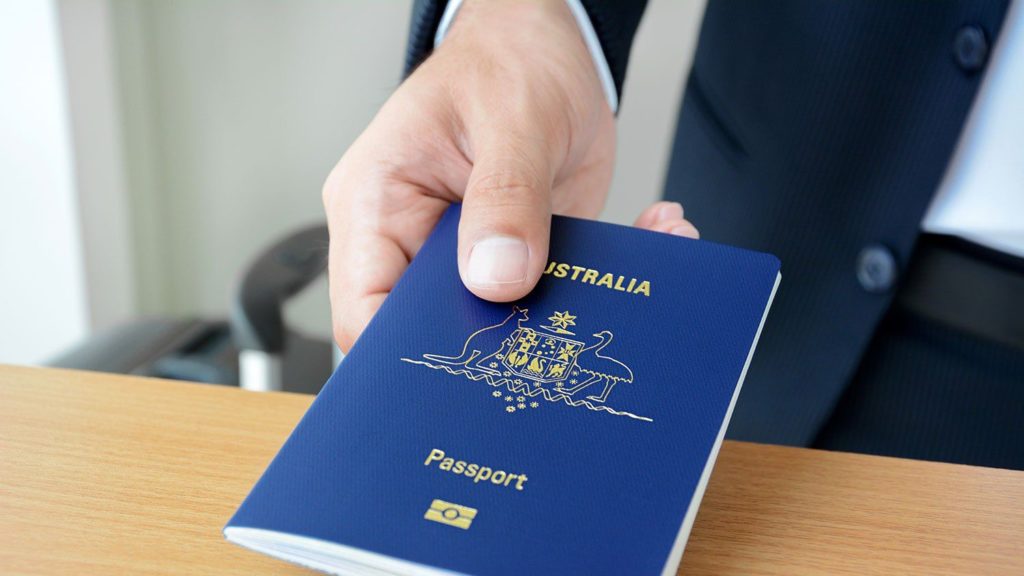
Booked a last-minute trip to Vietnam? Leaving tomorrow? Don’t let visa issues delay or derail your holiday plans. If you’re an Australian citizen needing a vacation visa in a hurry, …
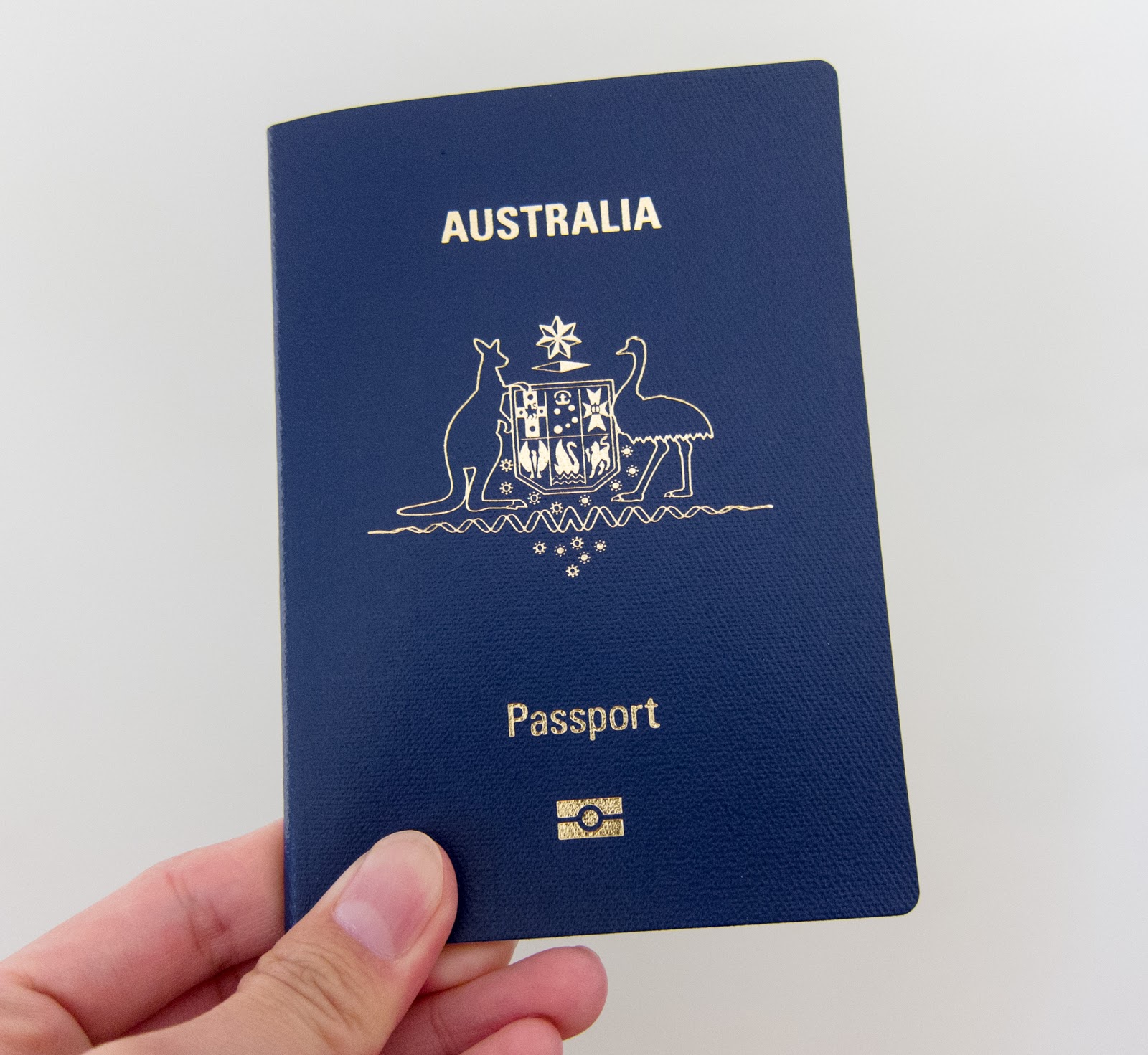
For many Australians planning a trip to Vietnam, the most confusing part of the journey begins long before the flight takes off. A quick search online reveals a mess of …

Imagine standing at the airport, ready for your long-awaited trip to Vietnam, only to be told at check-in that you cannot board because you don’t have a valid Vietnam visa. …

Your next business flight to Vietnam is coming up fast. You’ve got meetings booked in Hanoi, clients to see in Ho Chi Minh City, and deals waiting to be signed …

Vietnam has become a top travel destination for Australians looking for vibrant cities, breathtaking landscapes, and unforgettable street food. But let’s be honest — sorting out a visa before your …
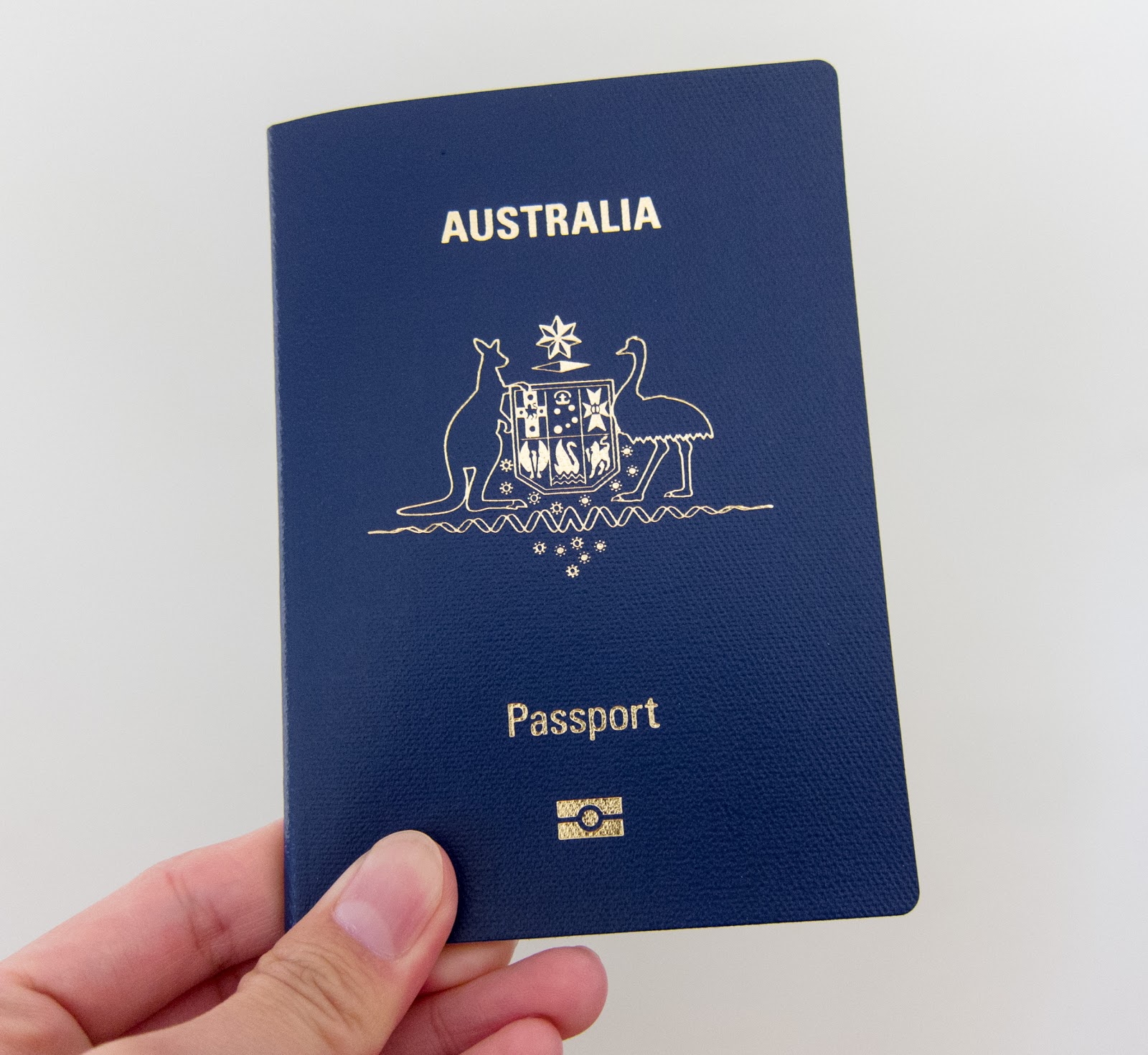
It’s easy to assume that a tourist visa will cover your short trip to Vietnam—especially if you’re just attending a few meetings or scouting for opportunities. But that assumption could …
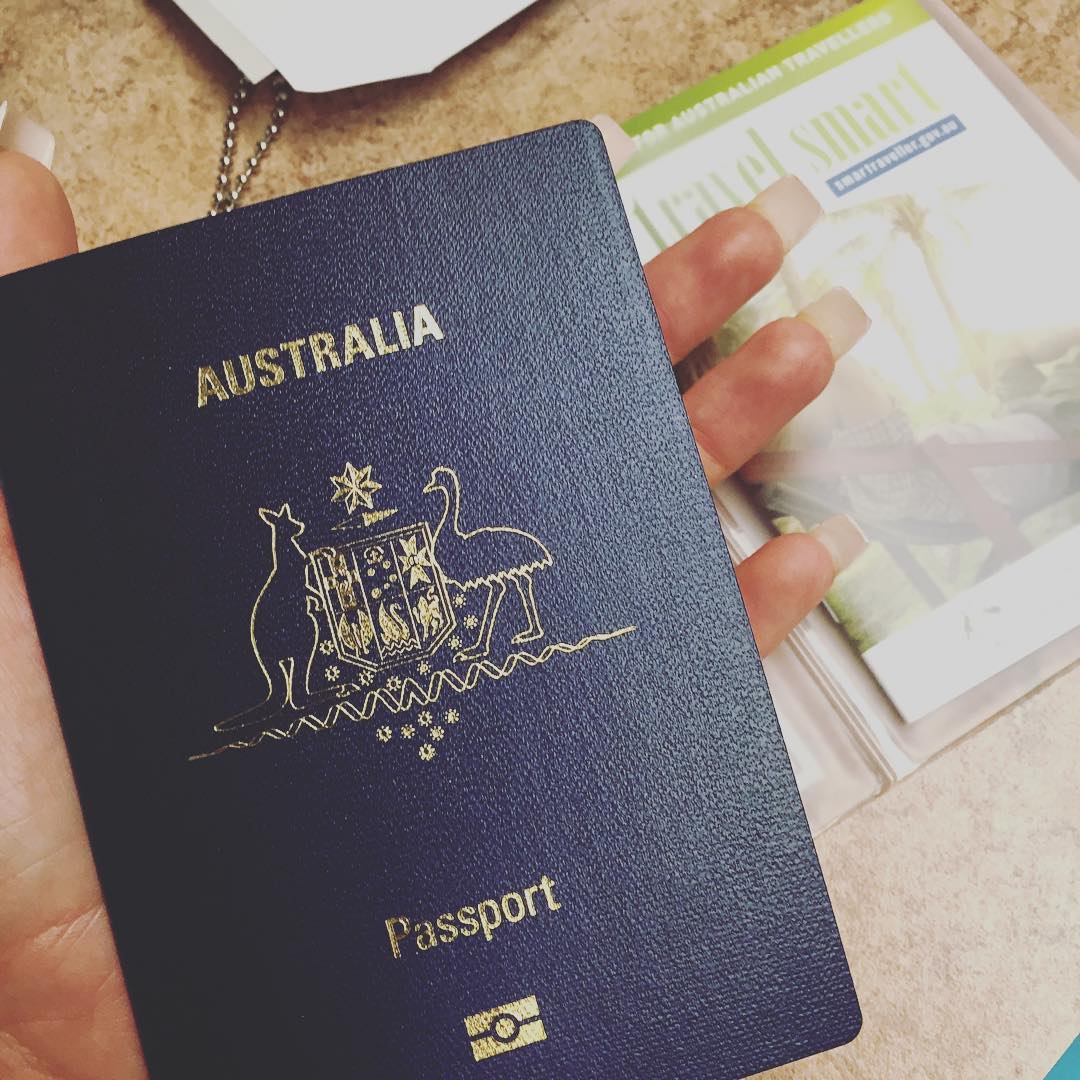
Vietnam has emerged as a rising star in Southeast Asia, attracting attention not only from tourists but also from professionals, investors, and entrepreneurs across the globe. With an increasing number …

